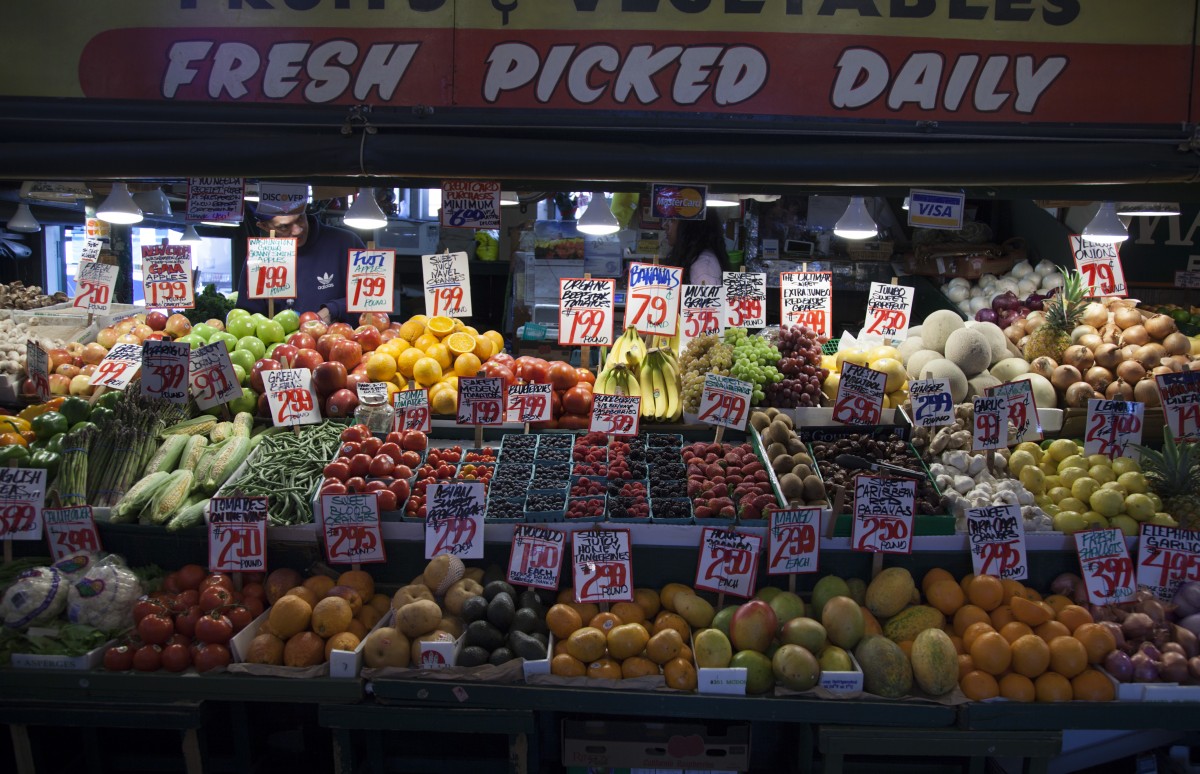Knowledge creation and dissemination could mean so many things in different domains. That is why we came up with a framework to guide the ways in which we approach these practices. This frame does not only describe the philosophical underpinnings of our work involving resources, but they also extend to many of our other professional activities.
Officially, Mtracs stands for Mentorship, Training and Research Communities Support (with a little bit of creativity…), but we have played around with the acronym to form The Mtracs Flavours:
M – Meta-dissemination through continuous discussions about dissemination practices;
T – Tractability of resources through multimodality and tiny recontextualisable artefacts;
R – Reflection on professional practice to facilitate lifelong learning about the self and other;
A – Alternative approaches to knowledge practices, involving the notions of documented coffee breaks and scaffolded informality;
C – Cross-sectoral and cross-domain collaboration through engaged scholarship and community participation initiatives;
S – Sustainable development goals alignment through our three overarching streams: integration, practices and quality of life.
For a deeper dive into the framework, please follow this link.

